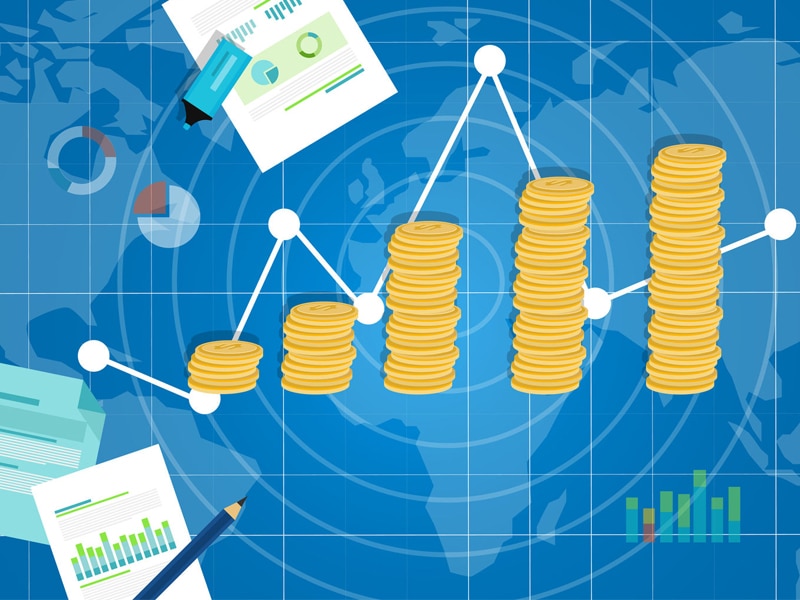The real estate market can seem unpredictable and chaotic to those who aren’t familiar with its patterns. However, it is important to remember that real estate markets and the economy are cyclical, meaning that they follow predictable patterns that repeat over time. The annual real estate cycle is one such pattern, with four stages that repeat every year: January to March, April to June, July to September, and October to December. These stages are marked by changes in inventory and buyer behavior, which can affect prices and the balance of power between buyers and sellers. Understanding these patterns can help you make more informed decisions about when to buy or sell a home. Additionally, it is important to note that economic cycles, which can take years to form, can also impact the real estate market and should be taken into consideration when making real estate decisions. A recession, for example, can be a good time for home buyers, as prices may be lower and there may be fewer buyers competing for available properties.
A recession is a period of economic downturn characterized by high unemployment, low consumer spending, and reduced business activity. Recessions can have a significant impact on the real estate market, leading to changes in prices, demand, and other factors. Despite these challenges, there are several benefits to consider when thinking about buying real estate during a recession
1. Lower prices
One of the most obvious benefits of buying during a recession is the potential for lower prices. When the economy is struggling, demand for real estate tends to decrease, leading to lower prices as sellers try to entice buyers. Additionally, some sellers may be motivated to sell quickly due to financial difficulties, which can lead to discounted prices on properties.
2. Fewer buyers
During a recession, there may be fewer buyers looking to purchase real estate, giving those who are interested a greater bargaining power. With less competition, buyers may be able to negotiate a lower price or secure a property that they may have missed out on during a stronger market.
3. Long-term stability
Despite the challenges that a recession can bring, it is important to remember that real estate tends to recover and appreciate in value over time. Buying during a recession can allow buyers to secure a good deal and potentially see long-term gains as the market recovers.
Conclusion
While buying real estate during a recession may come with some uncertainty, it can also present opportunities for securing a good deal and long-term stability. By considering factors such as prices, demand, and interest rates, buyers can make informed decisions about whether now is the right time for them to enter the market.
